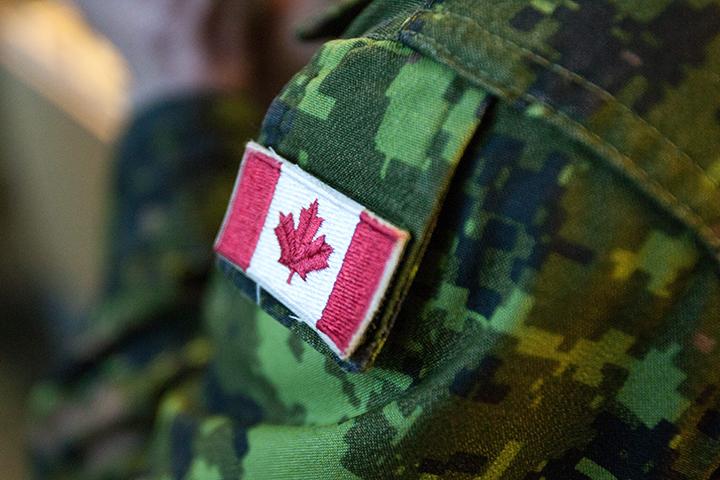CALGARY – The senior psychiatrist with the Canadian Armed Forces says strides have been made in reducing the stigma of mental illness in the military but some soldiers still suffer in silence.

READ MORE: Canadian military members more likely to attempt suicide – and get help: study
Col. Rakesh Jetly, who’s also mental-health adviser to the surgeon general, says one of the positive legacies from Canada’s role in Afghanistan could be the military’s rethinking of how it deals with mental-health issues.
Jetly said depression rates in the Canadian military are a little higher than in the general population at about eight per cent. But the rate of post-traumatic stress disorder has doubled to 5.4 per cent from 2.7 per cent in 2002 – an increase “100 per cent” attributable to the Afghan war.
Jetly said the majority of military personnel can now see a mental-health professional within a day in a crisis situation and a psychiatrist in less than a month, while for many Canadians it can take up to nine months.
“The system by no means is perfect, but it’s pretty, darn good,” Jetly said in an interview.
He also said there’s “overwhelming” data that shows military members who have a mental illness, such as depression or post-traumatic stress disorder, are much more likely than a civilian to seek care.
“We’re more resourced than any town or community in Canada. I’m always careful when I say that … the point is Canada has too little.”
READ MORE: Nearly half of Canadian military personnel exposed to child abuse before joining, researchers say
But despite more ready access, there are soldiers who still won’t seek help, Jetly said.
“I think that tough guy, suck-it-up kind of culture has changed, but self-stigma is still an issue. Some people who can be kind and caring about a colleague may not afford themselves that same kindness.”
Jetly also cautions that it’s not just active military personnel who may be struggling with their mental health.
“There’s this stereotype of this big, strong, strapping soldier who’s kicking down doors. There are people who do that, but when we look at PTSD, it’s not about this big guy who’s dangerous and running amok,” he said.
“You might have female nurses that were in the (hospital) exposed to people who have been blown up. There’s clerks (who work) in the morgue. It can be many, many people.”
Jetly believes Canadian society is at a point where mental illness can be demystified and treated like any other illness.
INVISIBLE WOUNDS: Crisis in Canada’s military
But he acknowledges that for military personnel, coming forward could still have an impact on their careers.
“One of the biggest barriers to care is what is it going to do to my career? You can’t guarantee that it’s not going to impact your career. You can’t guarantee bad knees, migraines or a bad disc problem isn’t going to affect your career either.”
Research released by National Defence last year showed that soldiers with mental-health conditions, especially those with Afghan war illnesses, are far more likely to be declared unfit for military service. Almost 70 per cent of them can expect to be mustered out within 10 years of deployment.
The conclusion came from a review of medical files belonging to more than 30,000 troops who deployed as part of the nearly 12-year Afghan campaign.



Comments